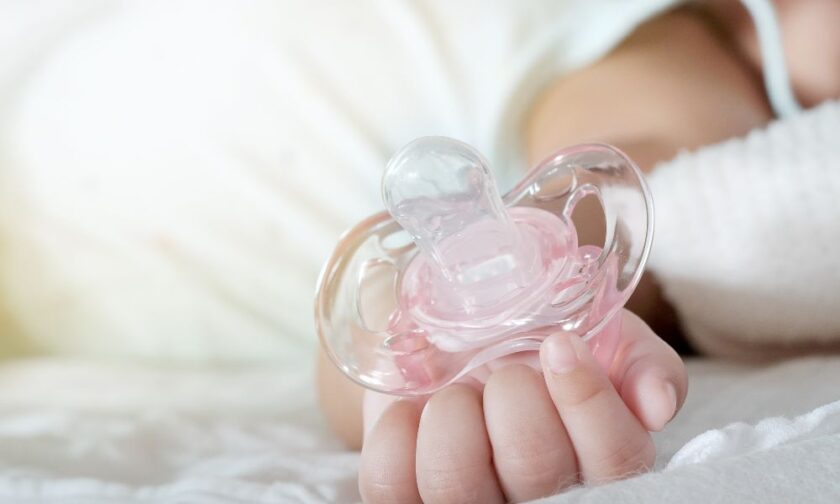
A new Swedish study suggests anemia early in pregnancy may increase the risk of autism, ADHD and intellectual disability in children. Anemia is a common condition in late pregnancy and researchers discovered anemia toward the end of pregnancy did not have the same correlation.
The findings, published in JAMA Psychiatry, underscore the importance of early screening for iron status and nutrition counseling.
An estimated 15-20% of pregnant women worldwide suffer from iron deficiency anemia — lower blood oxygen levels due to a lack of iron. By the third trimester, pregnant women have nearly 50% more blood than they did pre-pregnancy in order to provide enough oxygen for both the woman and the fetus, and their iron requirements are nearly double that of nonpregnant women. Thus, the vast majority of anemia diagnoses are made toward the end of pregnancy, when blood levels are at their highest.
In the current study, the researchers examined what impact the timing of an anemia diagnosis had on the fetus’ neurodevelopment. Investigators specifically assessed if there was an association between an earlier diagnosis in the mother and the risk of intellectual disability (ID), autism spectrum disorder (ASD) and attention-deficit/hyperactivity disorder (ADHD) in the child.
Overall, very few women are diagnosed with anemia early in pregnancy. In this study of nearly 300,000 mothers and more than half a million children born in Sweden between 1987-2010, less than 1% of all mothers were diagnosed with anemia before the 31st week of pregnancy. Among the 5.8% of mothers who were diagnosed with anemia, only 5% received their diagnosis early on.
The researchers found that children born to mothers with anemia diagnosed before the 31st week of pregnancy had a somewhat higher risk of developing autism and ADHD and a significantly higher risk of intellectual disability compared to healthy mothers and mothers diagnosed with anemia later in pregnancy.
Among the early anemic mothers, 4.9% of the children were diagnosed with autism compared to 3.5% of children born to non-anemic mothers, 9.3% were diagnosed with ADHD compared to 7.1%, and 3.1% were diagnosed with intellectual disability compared to 1.3%.
After considering other factors such as income level and maternal age, the researchers concluded that the risk of autism in children born to mothers with early anemia was 44% higher compared to children with non-anemic mothers. The risk of ADHD was 37% higher and the risk of intellectual disability was 120% higher.
Even when compared to their siblings, children exposed to early maternal anemia were at higher risk of autism and intellectual disability. Importantly, anemia diagnosed after the 30th week of pregnancy was not associated with a higher risk for any of these conditions.
“A diagnosis of anemia earlier in pregnancy might represent a more severe and long-lasting nutrition deficiency for the fetus,” says Renee Gardner, project coordinator at the Department of Public Health Sciences at Karolinska Institutet and the study’s lead researcher.
“Different parts of the brain and nervous system develop at different times during pregnancy, so an earlier exposure to anemia might affect the brain differently compared to a later exposure.”
The researchers also noted that early anemia diagnoses were associated with infants being born small for gestational age while later anemia diagnoses were associated with infants being born large for gestational age.
Babies born to mothers with late-stage anemia are typically born with a good iron supply, unlike babies born to mothers with early anemia.
Although researchers could not specify whether iron deficiency anemia is more detrimental than anemia caused by other factors, iron deficiency is by far the most common cause of anemia. Investigators say the findings may thus support regular iron supplementation in maternity care.
Scientists emphasize the importance of early screening for iron status and nutrition counseling but note that more research is needed to find out if early maternal iron supplementation could help reduce the risk of neurodevelopmental disorders in children.
Adult women 19 to 50 years old typically need 18 mg of iron per day, though needs increase during pregnancy. Since excessive iron intake can be toxic, pregnant women should discuss their iron intake with their midwife or doctor.
Source: JAMA
* This article was originally published here






